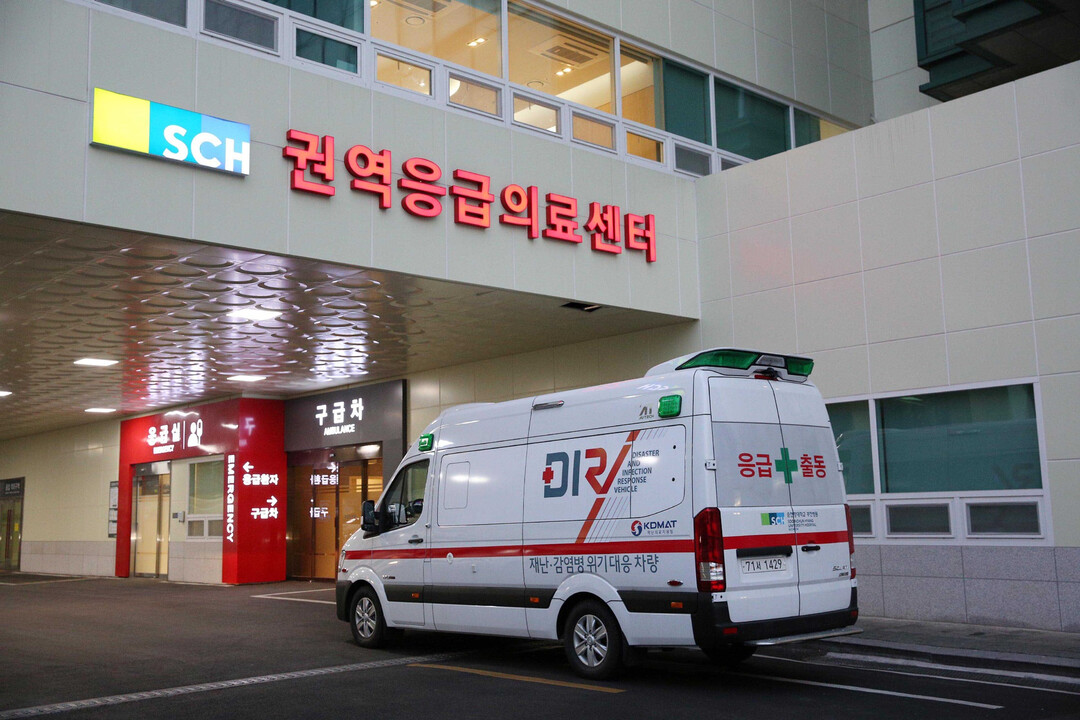
The deficit problem of regional trauma centers, which was widely known through Professor Lee Guk-jong's National Assembly remarks in 2018, remains unresolved. The paradoxical situation in which the more patients are saved, the more difficult the hospital's situation becomes cannot be solved by simply supporting labor costs according to the law of supply and demand.
Dilemma of Deficit Structure
Currently, the labor costs of medical staff at most regional trauma centers, including Ajou University Regional Trauma Center, are covered by national funds. However, the more helicopter operation costs, the greater the deficit due to the large number of operating results. This is because the costs incurred during helicopter dispatch must be borne by the hospital, but there is no additional budget support according to operating performance.
Although government budget has been increased, the operating deficit of the hospital is still the responsibility of the medical institution. An official from Ajou University Medical Center said, "There is no separate support for the institution (to compensate for the deficit)."
Need for Support for Local Trauma Cooperation Hospitals
Strengthening the function of local trauma cooperation hospitals is also a task. Local trauma cooperation hospitals, which are in charge of initial treatment of severe trauma patients, have different facilities and systems such as the presence or absence of a heliport. Despite the opening of a helicopter landing and take-off site, it is necessary to reorganize the immediate transfer system for patients.
The Future of Regional Trauma Centers
Despite difficulties, regional trauma centers are contributing to protecting national lives by significantly lowering the preventable trauma mortality rate. However, in order to get rid of the stigma of being a "money-eating hippopotamus," structural improvement is urgent.
Professor Heo Yun-jeong of Bundang Seoul National University Hospital Research Cooperation emphasized, "Rather than simply looking at the number of personnel, we must solve the financial difficulties caused by high-intensity work and lack of incentives related to helicopter operation," and "We must identify the structural problems of Korean regional trauma centers and seek improvement measures by referring to the US case."
[Copyright (c) Global Economic Times. All Rights Reserved.]






























